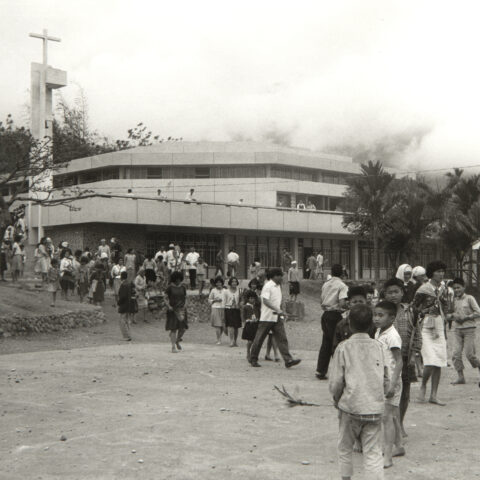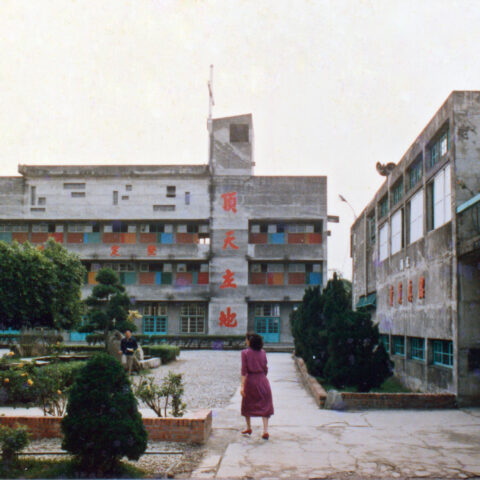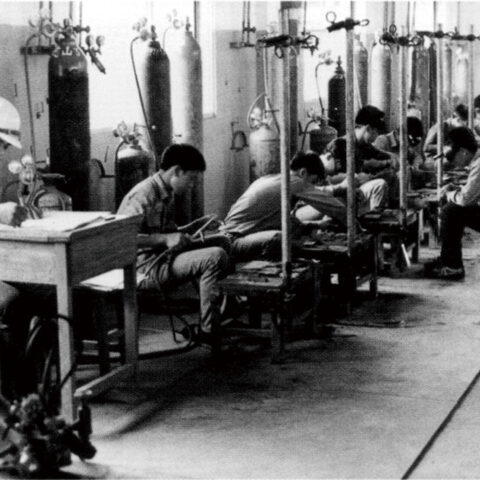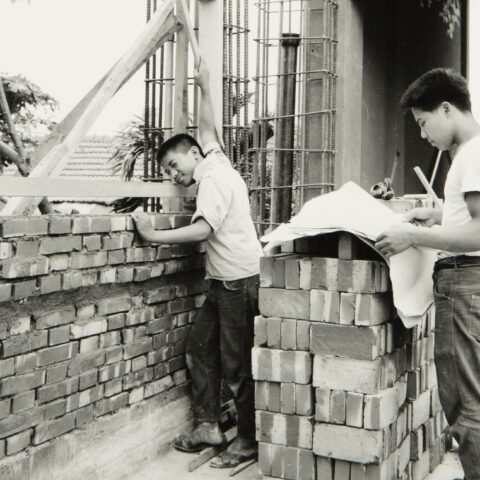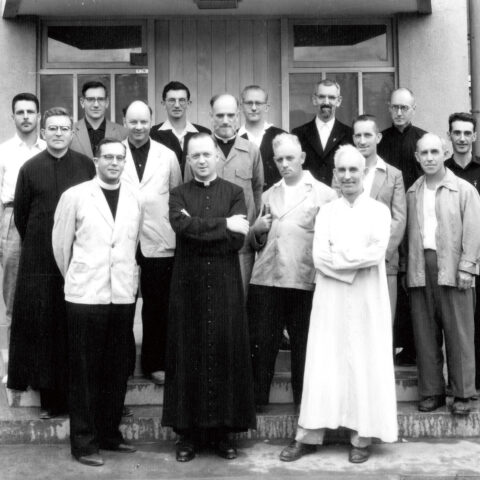In the 1950s, Taiwan became a new area of activity for the missionaries who had been expelled from China. The initial hope of an early return to the mainland soon faded and a successful missionary presence developed in Taiwan.
Altogether 36 SMB priests and brothers worked in Taiwan. In addition to building up Christian communities, they also dedicated themselves to the development of skilled trade with the founding of an industrial high school and a vocational training centre.
The work of the SMB, with a view to handing over, has borne fruit in the Taiwan Region. Altogether, to date, the diocese has produced 26 priests, 2 of them Bishops.
The population which was very poor at the beginning has profited from the founding of a hospital. Later the training of church leaders became a priority of their work.
Impressions from earlier years
In Taiwan, the Bethlehem missionaries also visited the indigenous ethnic groups, some of whom lived in extremely remote areas. In doing so, they got to know their languages, their cultures and their ways of life, which were being jeopardised by rapid change. They treated the indigenous people with great respect and campaigned for their interests, which initially went against the wishes of the state but was later appreciated. The missionaries documented the languages and cultures of the indigenous people in various publications in order to record this wealth, which was threatened with extinction, in writing.
Still an active community today
Josef Eugster still serves as district superior and Augustin Büchel as economist and administrator of the Regional House in Taiwan. The close cooperation between the SMB members and the local lay employees has a long tradition in Taiwan. The different origins, histories, training and work as well as the different places of work of the individual missionaries have always been experienced as mutually enriching.
In 2005 Karl Stähli and Laurenz Schelbert visited Qiqihar, the first mission area of the Mission Society in the far north of China. They became aware of the great shortage of possibilities for further training for pastoral workers, and the Taiwan Region of the SMB introduced further training courses for Chinese priests, nuns and lay-leaders.



